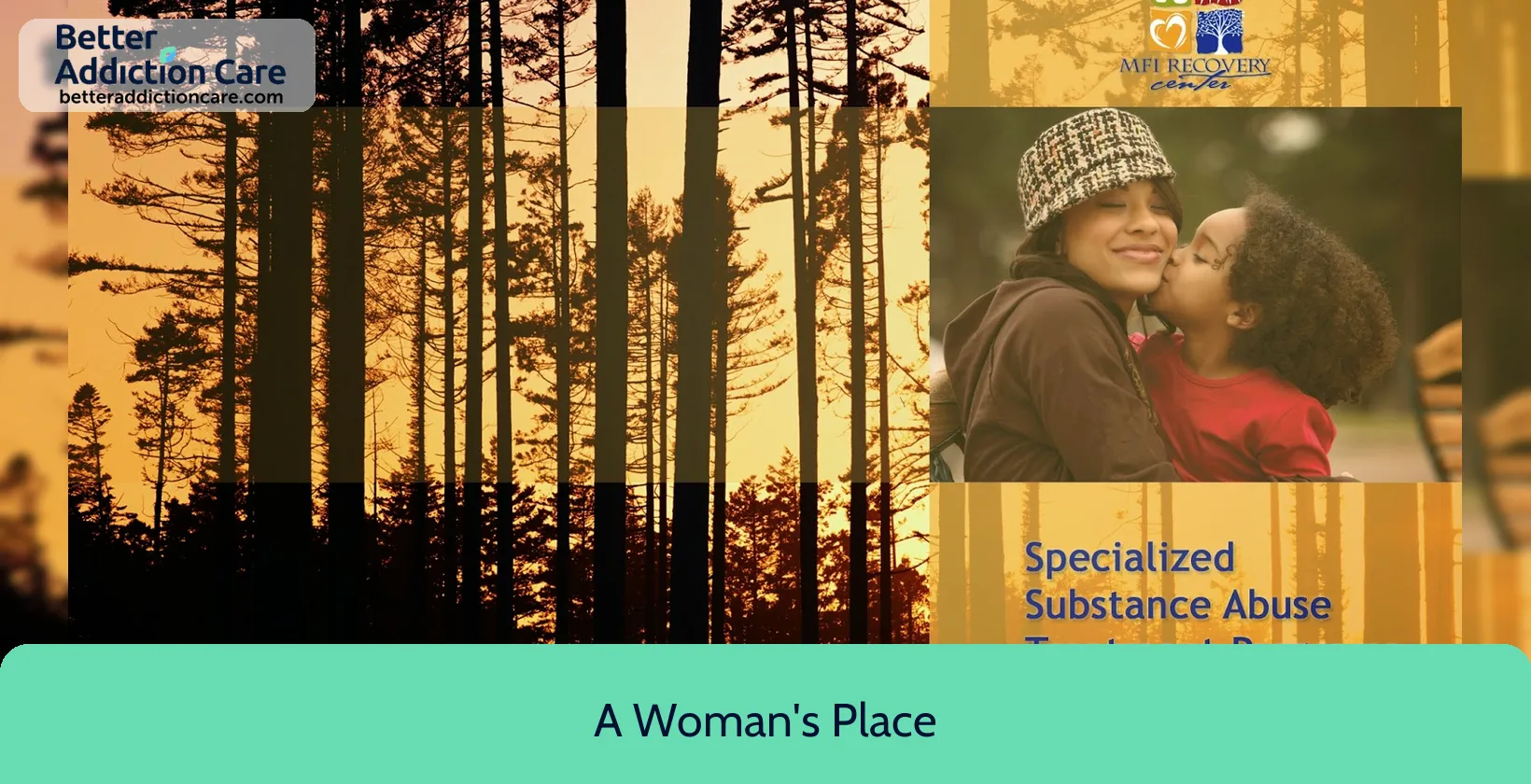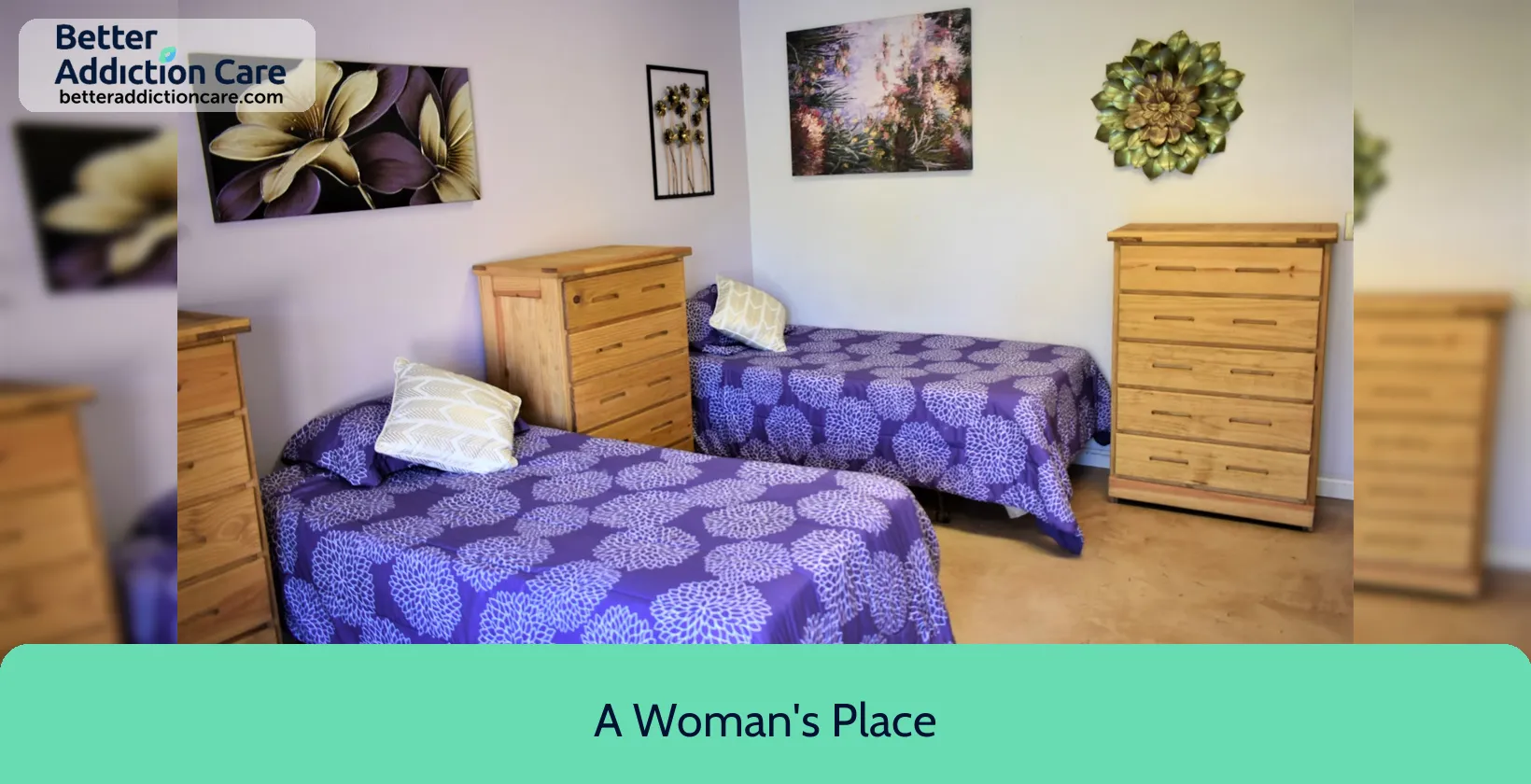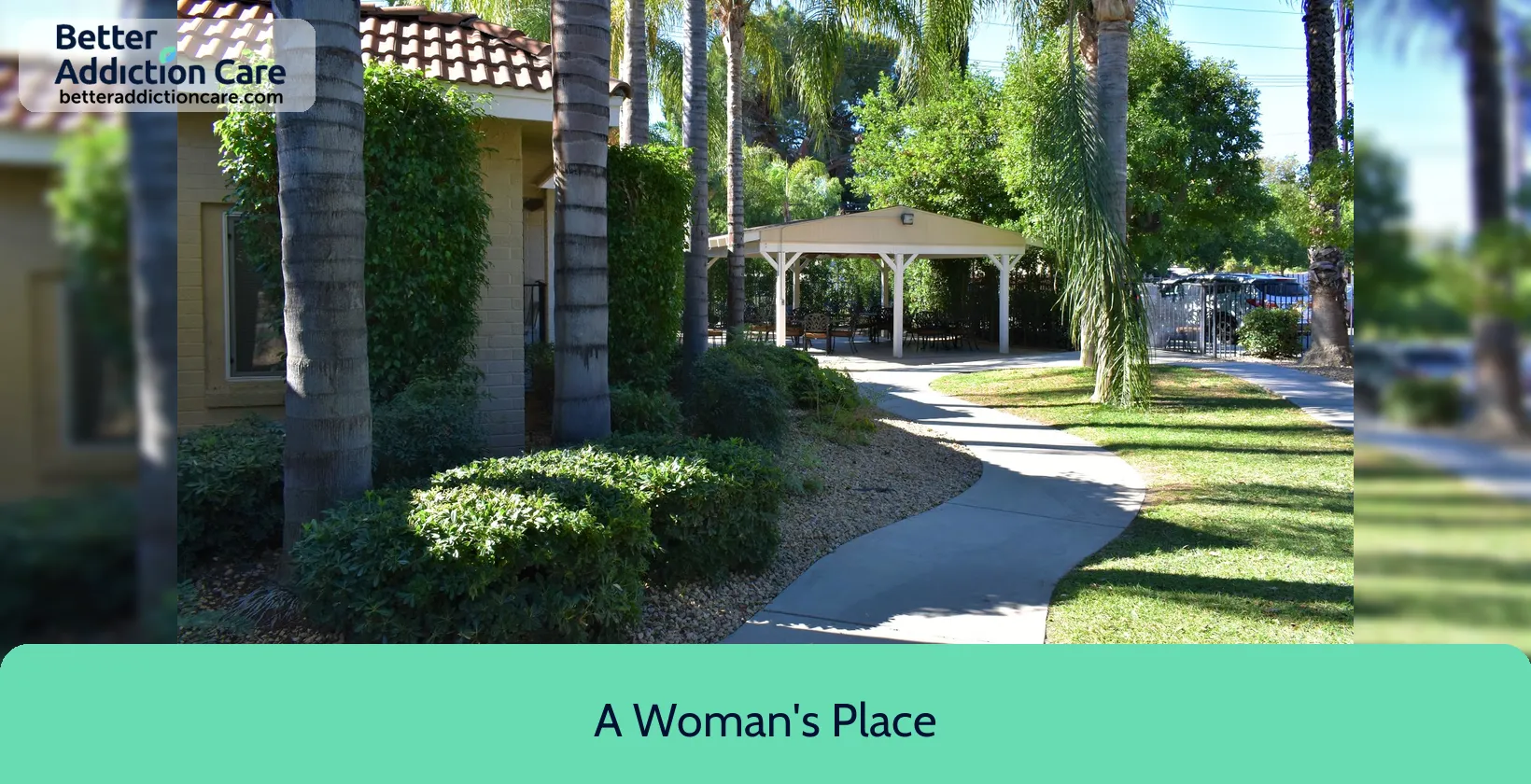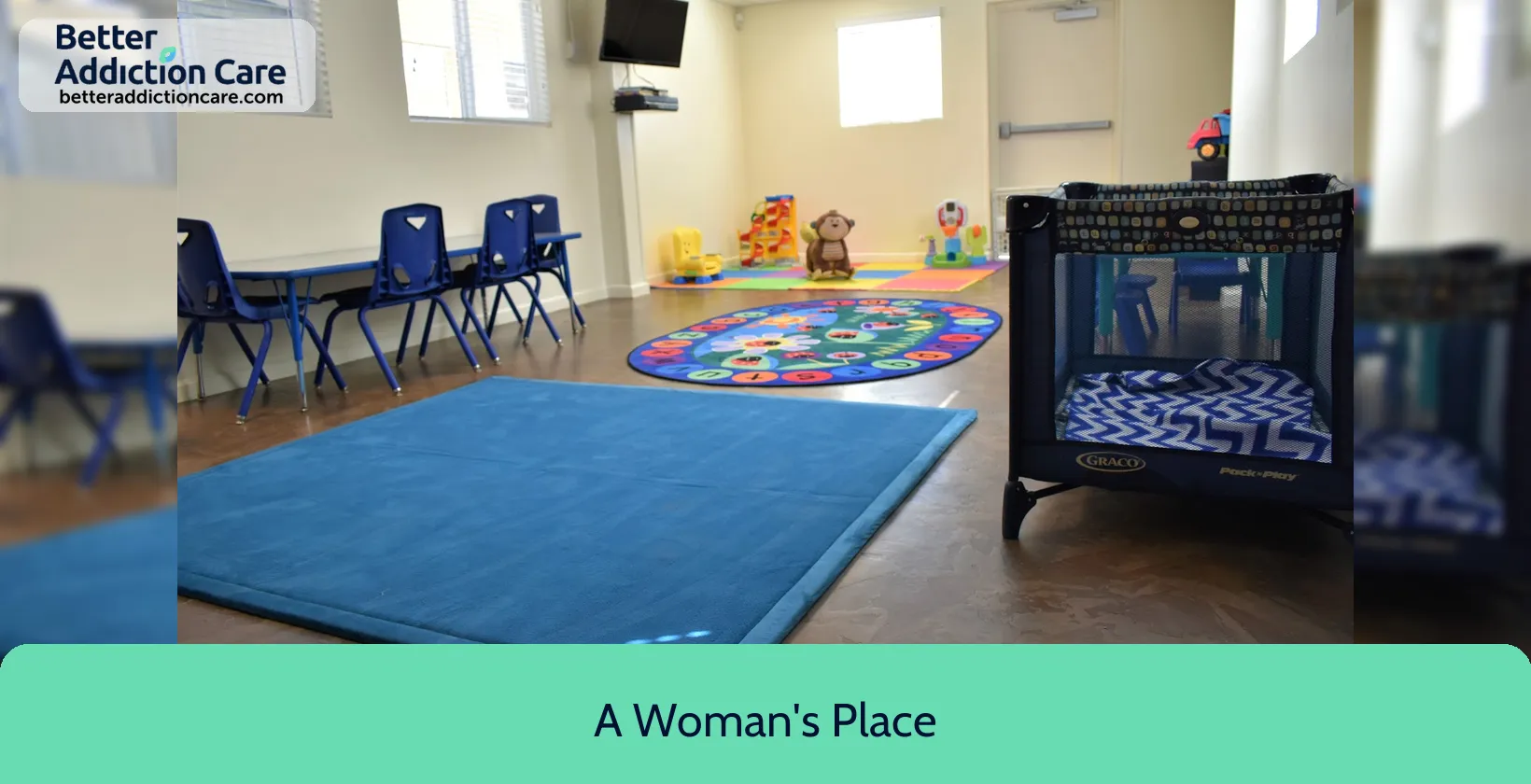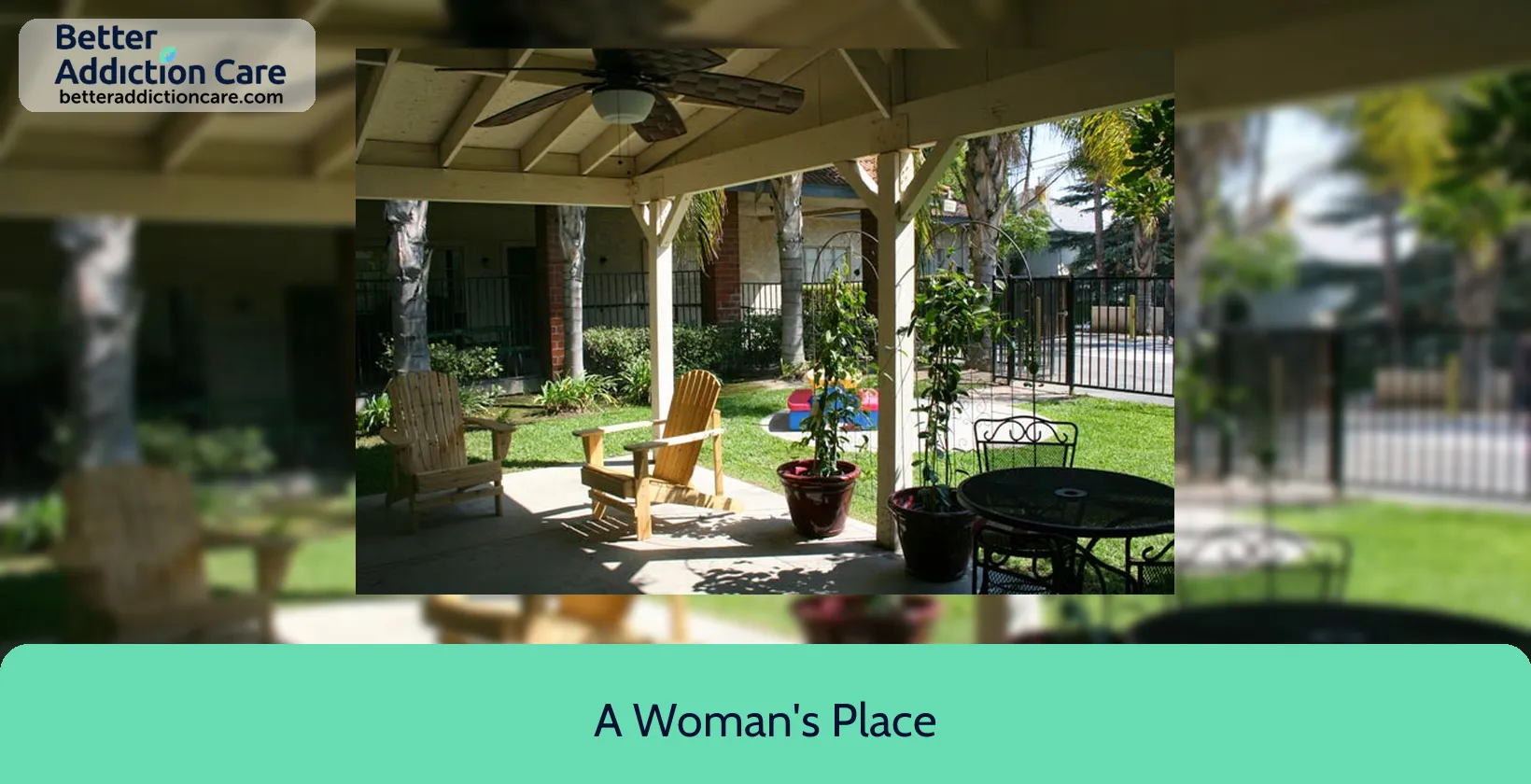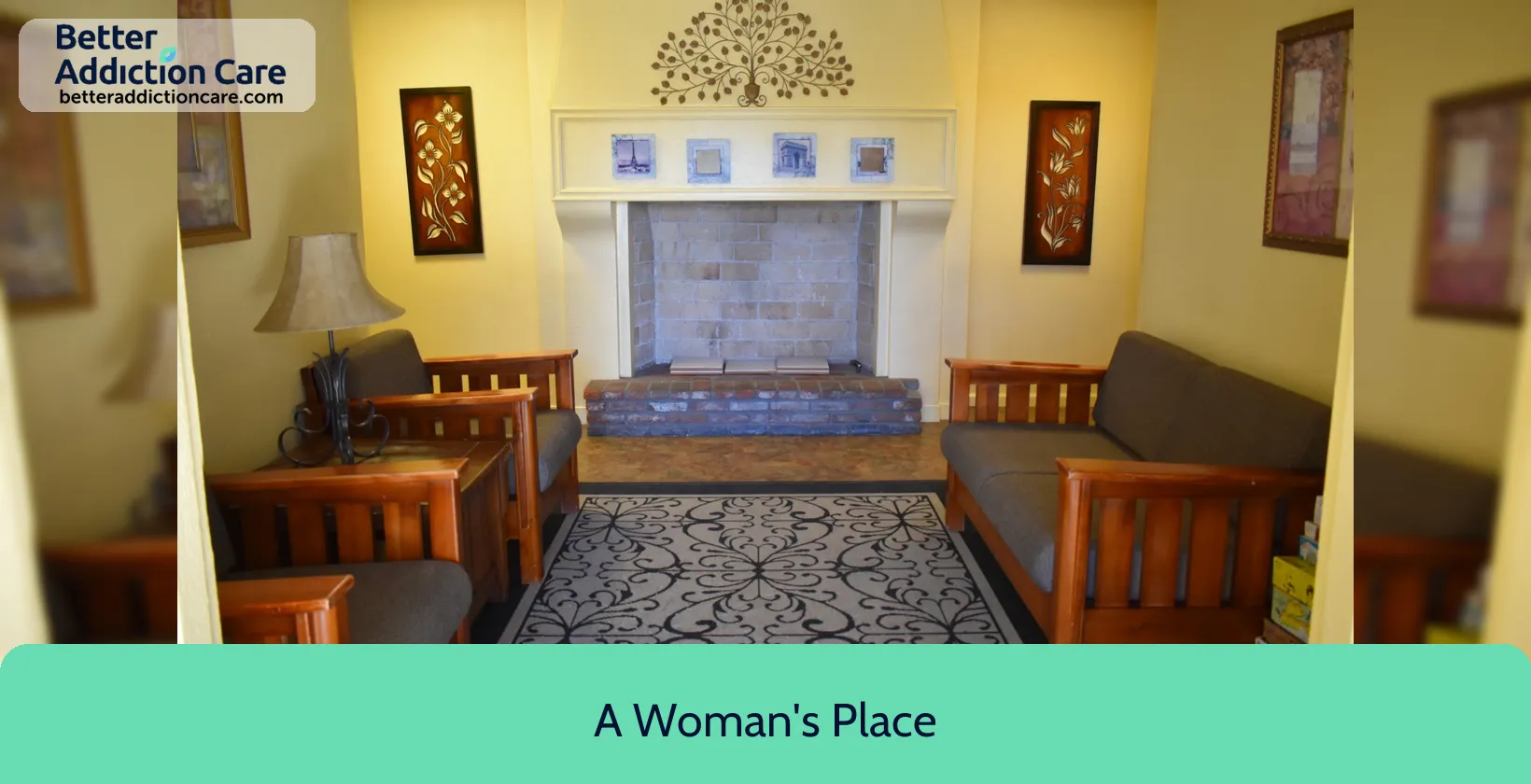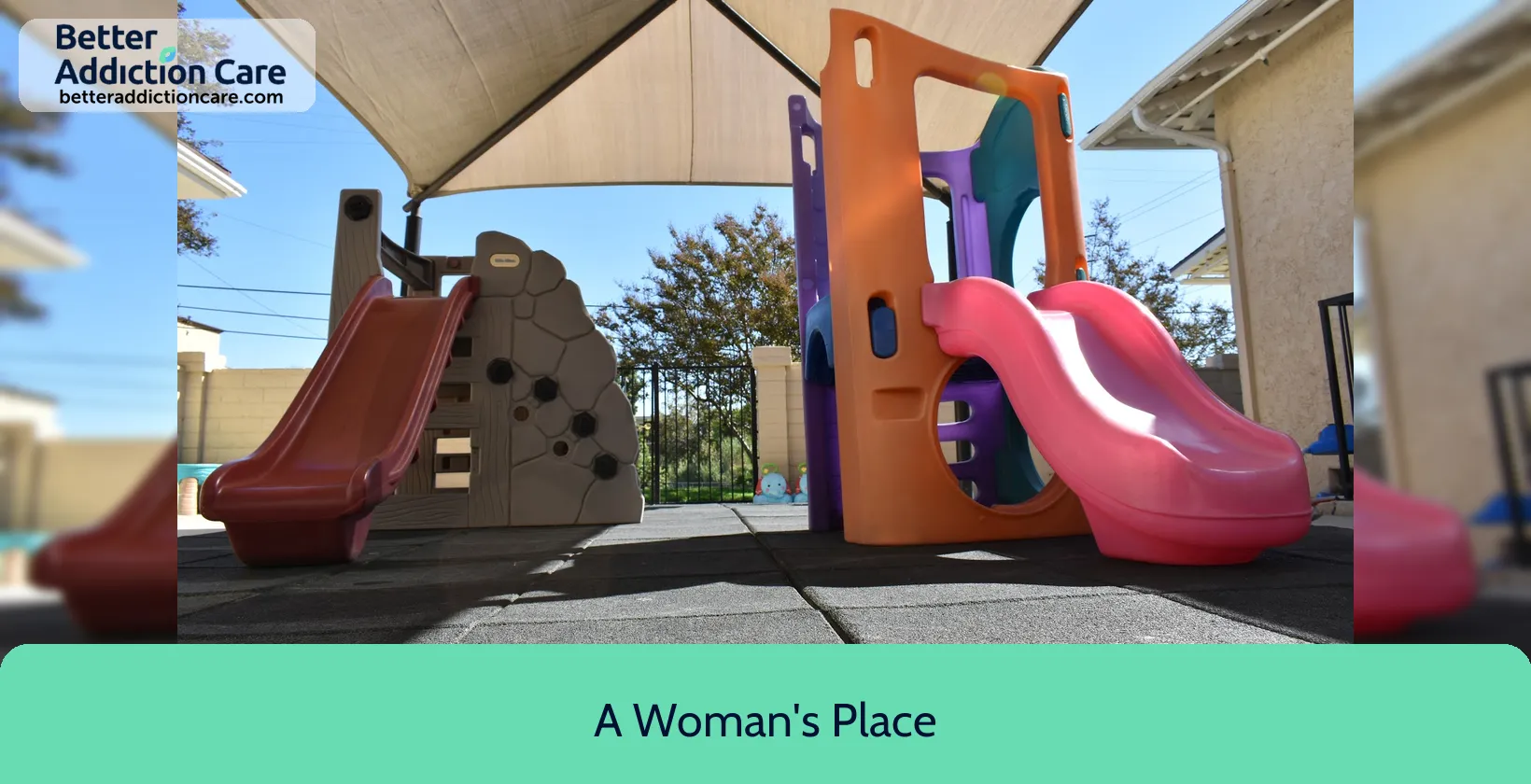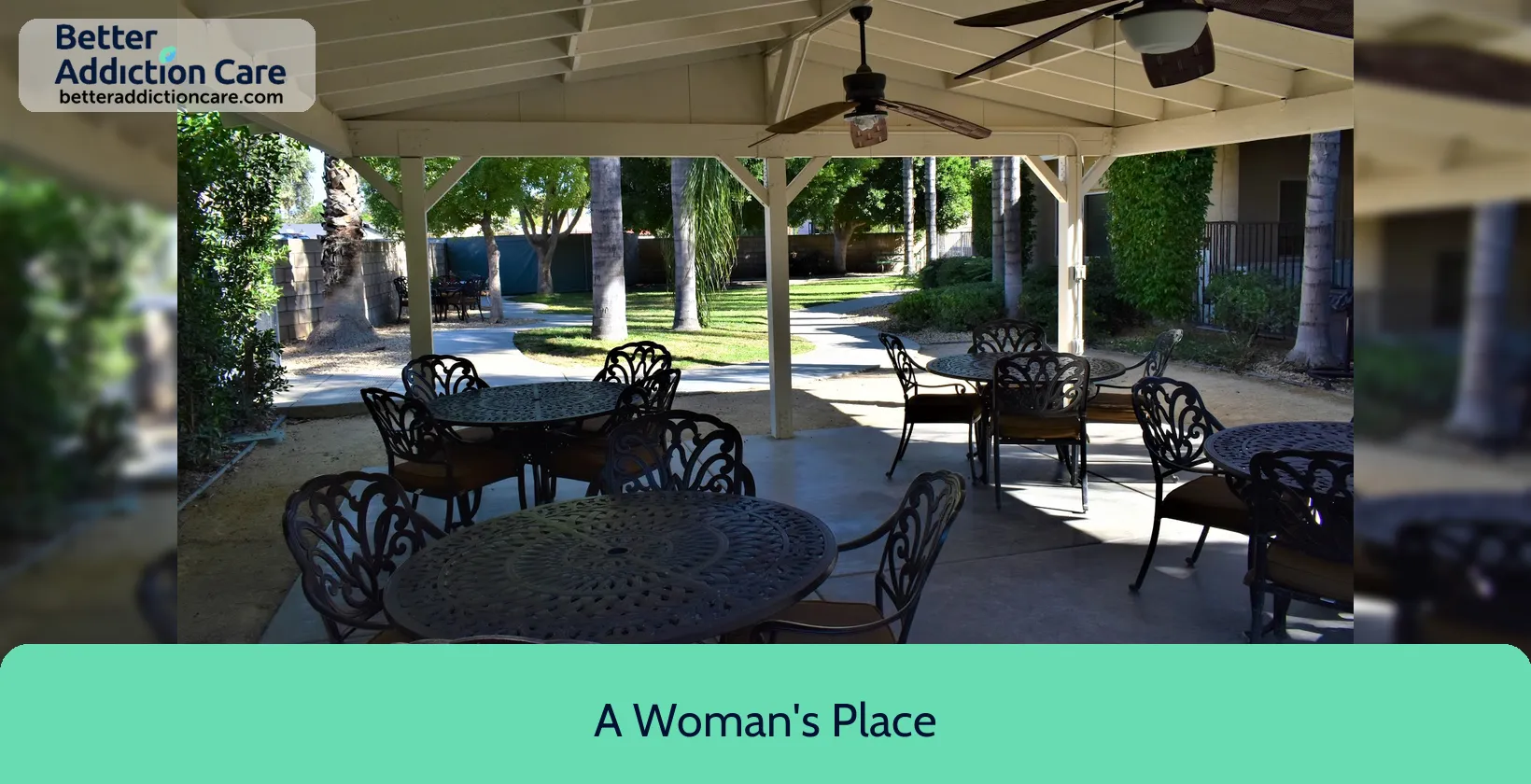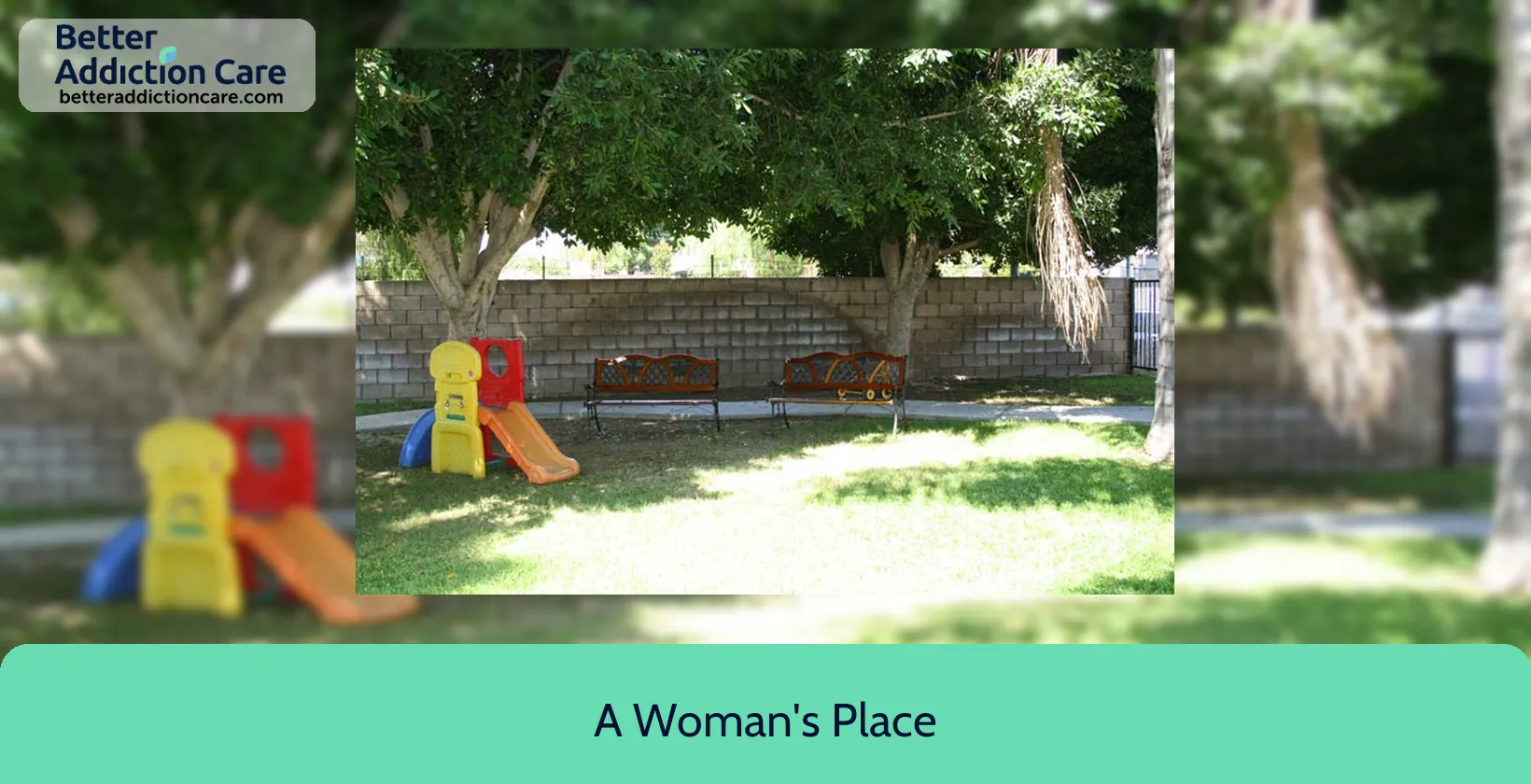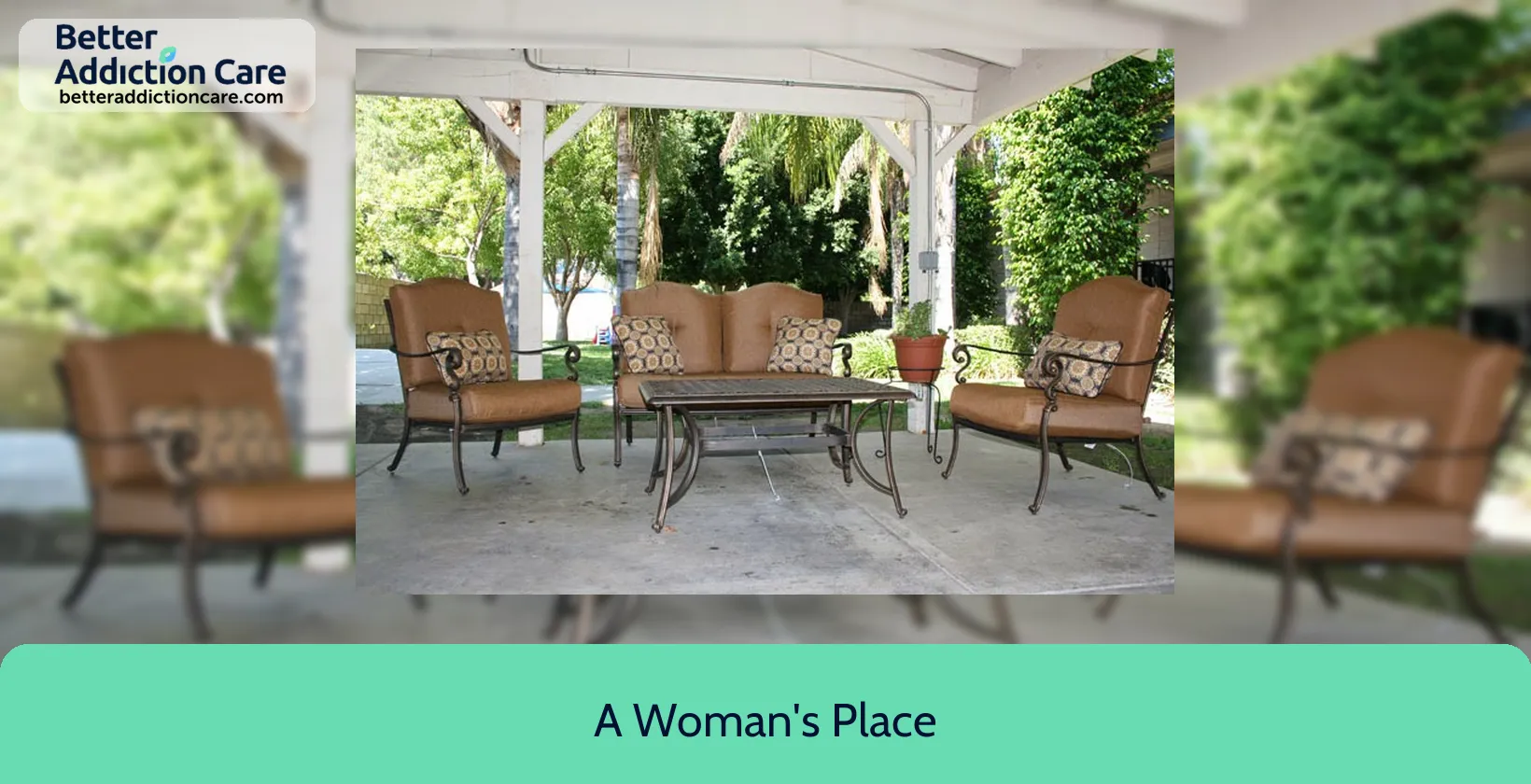A Woman's Place
Overview
A Woman's Place is a substance abuse treatment center for people seeking treatment near Riverside County. As part of their treatment modalities for recovery, A Woman's Place provides family counseling, individual psychotherapy, and trauma-related counseling during treatment. A Woman's Place is located in Riverside, California, accepting private health insurance for treatment.
A Woman's Place at a Glance
Payment Options
- Private health insurance
- Cash or self-payment
- Payment assistance (check with facility for details)
- Medicaid
- Daily
Assessments
- Comprehensive mental health assessment
- Comprehensive substance use assessment
Age Groups
- Adults
- Young adults
Operation
- Treatment duration
- Private non-profit organization
Highlights About A Woman's Place
7.14/10
With an overall rating of 7.14/10, this facility has following balanced range of services. Alcohol Rehabilitation: 8.00/10, Drug Rehab and Detox: 6.92/10, Insurance and Payments: 6.80/10, Treatment Options: 6.85/10.-
Alcohol Rehabilitation 8.00
-
Drug Rehab and Detox 6.92
-
Treatment Options 6.85
-
Insurance and Payments 6.80
Accreditations
Commission on Accreditation of Rehabilitation Facilities (CARF):

CARF accreditation is a prestigious recognition for rehabilitation and human service organizations. It signifies that an organization meets high-quality standards and is committed to providing top-level care. CARF conducts rigorous evaluations to ensure compliance, enhancing an organization's credibility and reassuring clients and funders of exceptional service quality. This accreditation promotes excellence and continual improvement in the rehabilitation and human services field.
SAMHSA certification for opioid treatment program (OTP):
SAMHSA's Opioid Treatment Programs (OTP) Accreditation is a rigorous recognition process, signaling an OTP's commitment to high-quality care for those with opioid use disorders. It assures patients, families, and the community that the program adheres to evidence-based practices, maintains a safe environment, and employs qualified staff. This accreditation represents a commitment to addressing the opioid epidemic and promoting recovery, symbolizing quality and accountability in opioid addiction treatment.
State department of health:

Government agencies issue State Licenses, granting rehabilitation organizations permission to operate their businesses legally within specific geographic regions. The licenses needed for legal operation are typically determined by the type of rehabilitation program offered by a facility and its physical location.
Treatment At A Woman's Place
Treatment Conditions
- Mental health treatment
- Alcoholism
- Opioid Addiction
- Substance use treatment
- Co-occurring Disorders
Care Levels
- Detoxification
- Aftercare
- Hospital inpatient treatment
Treatment Modalities
- Family counseling
- Individual psychotherapy
- Trauma-related counseling
- Group counseling
- Life Skills
Ancillary Services
Languages
- Sign language services for the deaf and hard of hearing
- Spanish
Special Programs
- Clients with HIV or AIDS
- Children/adolescents with serious emotional disturbance (SED)
- Pregnant/postpartum women
- Clients who have experienced trauma

Additional Locations
Get Help Now
Common Questions About A Woman's Place
Contact Information
Other Facilities in Riverside

7.06

7.34

6.71
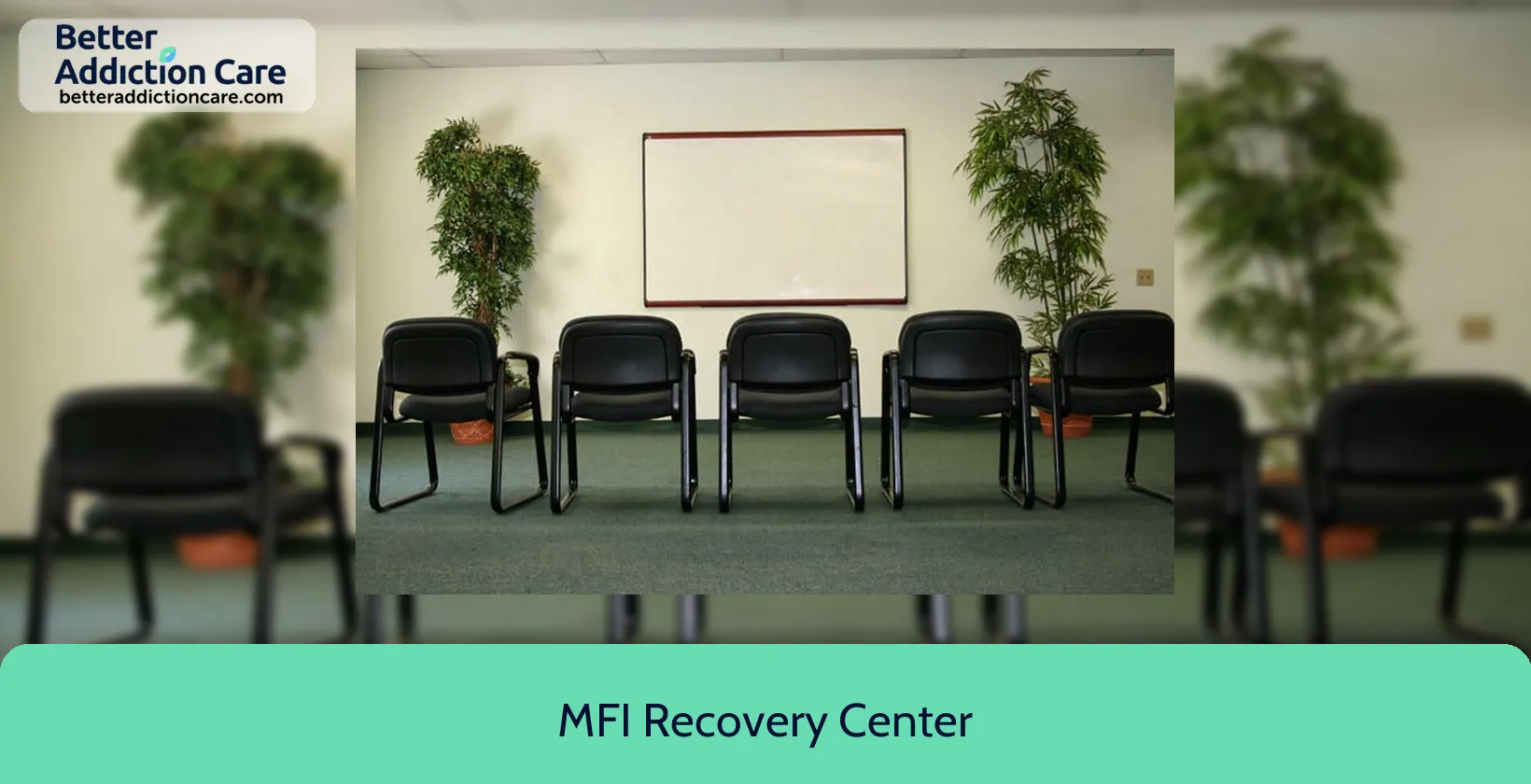
6.84
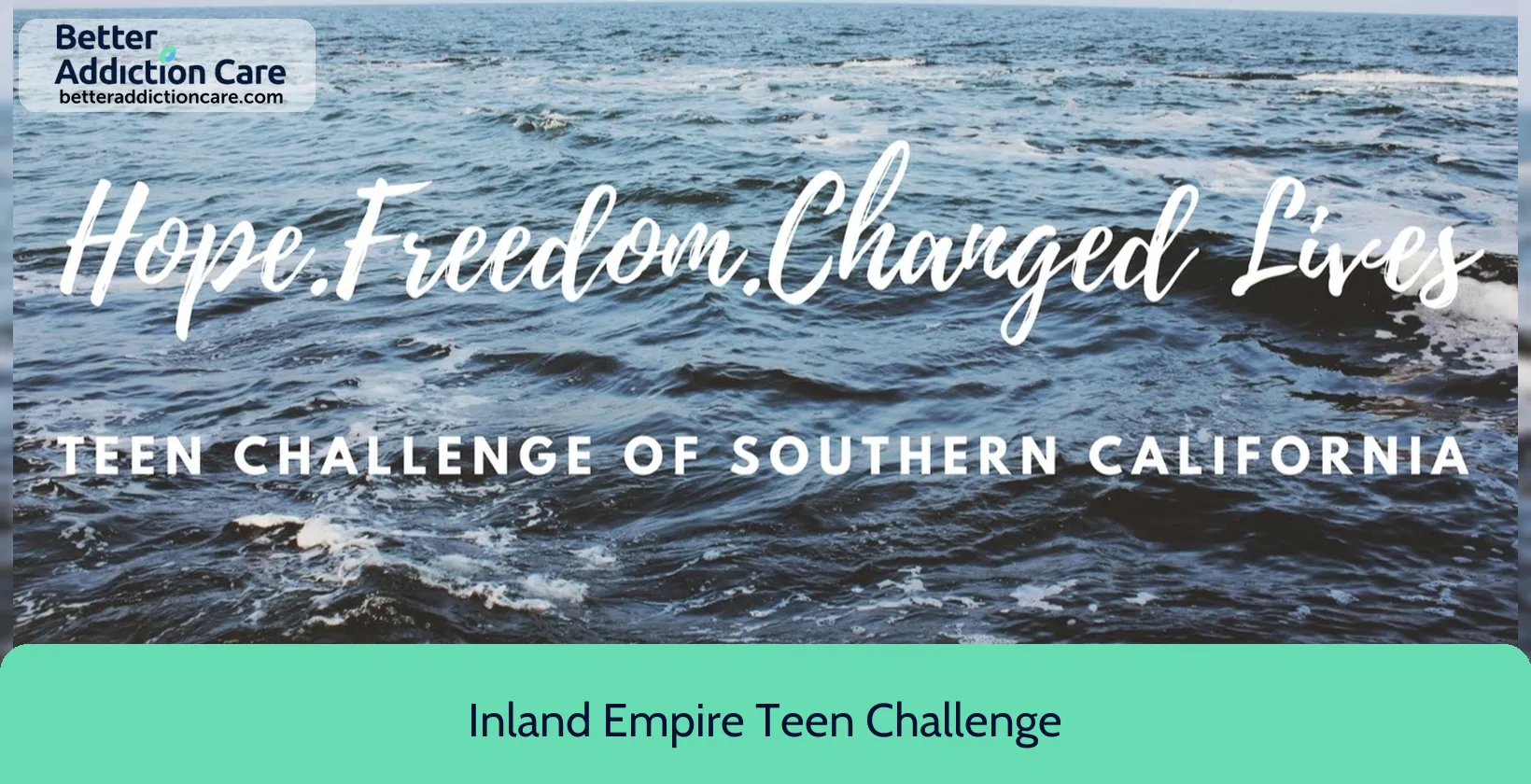
6.59
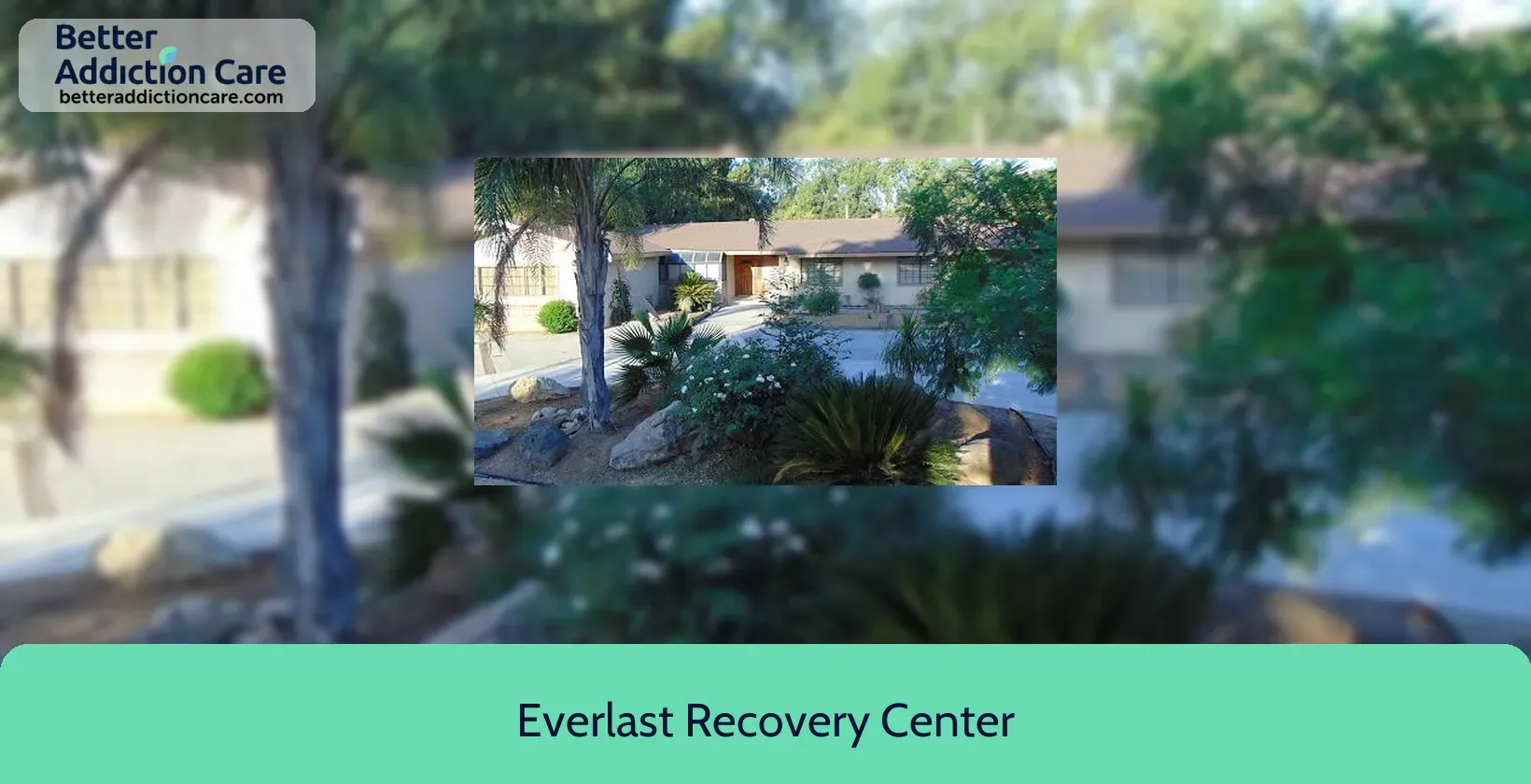
7.09
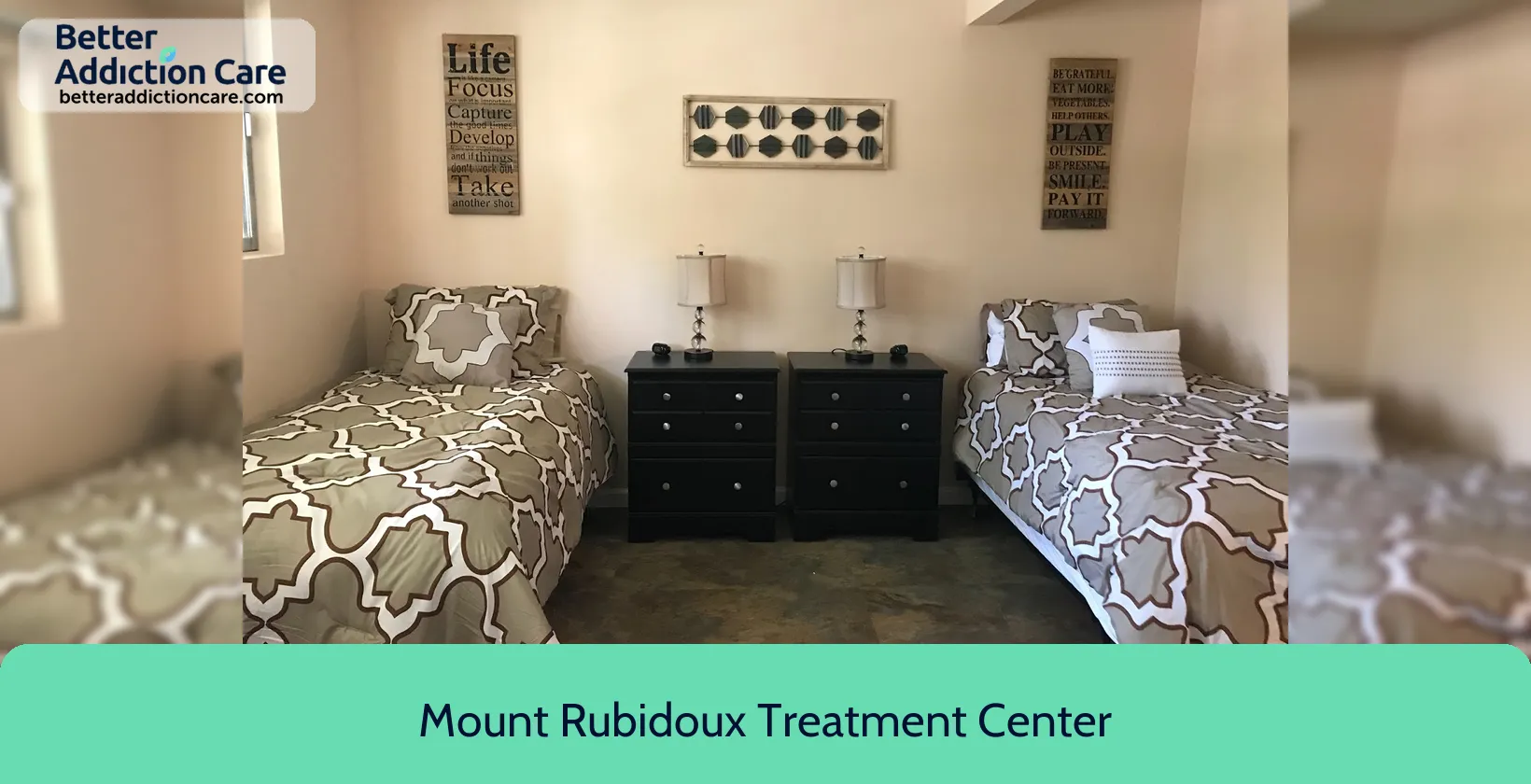
7.34

7.10
DISCLAIMER: The facility name, logo and brand are the property and registered trademarks of Pacific Grove Hospital, and are being used for identification and informational purposes only. Use of these names, logos and brands shall not imply endorsement. BetterAddictionCare.com is not affiliated with or sponsored by Pacific Grove Hospital.
